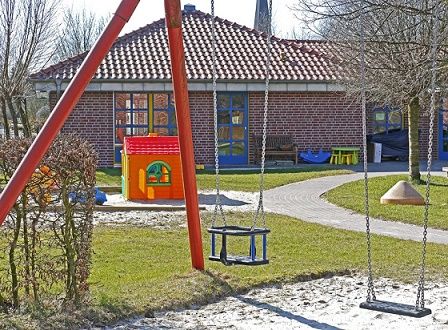Talks on pay and conditions between employers and unions representing 180,000 state employees and around 500,000 people employed by Danish municipalities broke down late on Sunday.
If no breakthrough materialises, the result could be a declaration of intent to strike sent out by the unions tomorrow. That would pave the way for strike action from April 1, when the current agreement period on pay and conditions expires.
A number of areas will be hit, reports Fyens.dk.
Hospitals will cancel planned operations but still run emergency services. It is estimated that should the strike happen and last 14 days or more, it could take months to return to normal.
Denmark’s police forces are not allowed to strike but the service could be weakened because administrative and technical personnel working for the police can.
No country-wide childcare
With regard to childcare institutions, some municipalities will be designated for municpality-wide strikes, so all institutions will be affected. Other municipalities will remain open. This has to be planned by the association of pedagogues together with the federation of teachers. There will be no emergency service in municipalities hit by strikes except for institutions for children with special needs.
Schools will come under the same rules as childcare institutions with some municipalities striking and others not. The umbrella organisation for Danish municipalities, Kommunernes Landsforening, has already threatened to lock out teachers if they go on strike.
The lockout will also affect students at high schools who are in 3G and who would otherwise be taking final exams. Without teachers, no exams can take place. If the conflict is short, the Education Ministry will then have to decide whether extra teaching to make up for lost time can be set up or whether the students will have to cope on their own.
Social services payments hit
Anyone dependent on the public services for citizens, Borgerservice, will also be hit, as will those receiving rent support payments, maternity allowances etc. Driving licence and passport renewals also come under this umbrella. However, some of the employees at Borgerservice are members of other unions and might not strike, but by law they are not allowed to work longer or harder to take over the functions usually performed by striking workers.
Some parts of the national railways, DSB, will be affected as well as employees of local railway companies. Here also, a number of workers will not strike as they are employed on contracts that don’t allow them to strike. Bus services will be largely untouched by the conflict.
A ray of hope
The good news is that services to the elderly will largely remain untouched. Also, motorists will be able to get away with parking illegally, provided they don’t park in areas controlled by the private parking firms.
All is not yet lost, however. Once the unions have sent out a declaration of intent to strike, an arbitrator can delay its implementation for two periods of 14 days while the parties are brought together in the public arbitration body Forligsinstitutionen. If that fails, the strike will begin on the fifth day after.
The government can also decide to step in to end a strike by passing a law.











